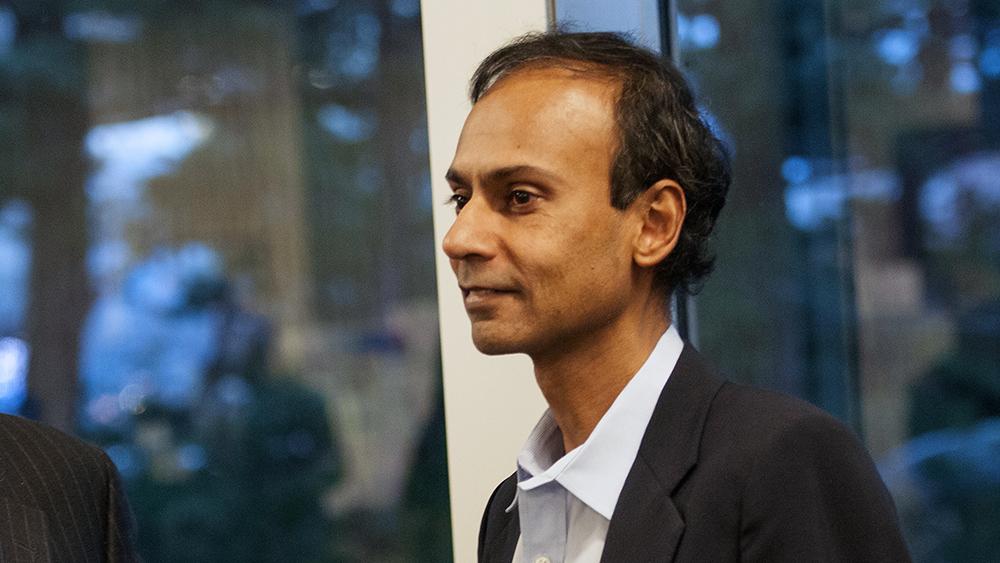MIT professor Srini Devadas has received two prestigious awards for his contributions to the field of cybersecurity: IEEE Cybersecurity Award for Practice and the ACM SIGSAC award.
Devadas was honored by IEEE for his work in device authentication, where his innovative research revolutionized how our electronics handle security sensitive tasks. He created something called Physical Unclonable Functions (PUFs), a technique in hardware security that exploits differences in chips to produce unique identifiers. PUFs led to the creation of his data-security company Verayo, which focuses on the security of computer hardware. PUFs have been included in FPGAs and ASICs, and by many other manufacturers.
For the ACM Security, Audit and Control Outstanding Innovation Award, Devadas was highlighted for fundamental contributions to secure microprocessors, circuits and systems.
Devadas is the Edwin Sibley Webster Professor of Electrical Engineering and Computer Science at MIT in the Computer Science and Artificial Intelligence Laboratory (CSAIL), where he belongs to the Computation Structures Group. His research interests are primarily in the areas of applied cryptography, computer security and computer architecture.
During his more than 30 years at MIT, Devadas has been an instrumental figure in the fields of security and computer architecture. His research has led to numerous ways to make our information safer: the creation of a low-cost mechanism for authentication of silicon chips and a hardware design for more secure data encryption, disguising cloud servers' memory-access patterns
He has received the 2014 IEEE Computer Society Technical Achievement award, the 2015 ACM/IEEE Richard Newton technical impact award, and the 2017 IEEE Wallace McDowell award for his research.


